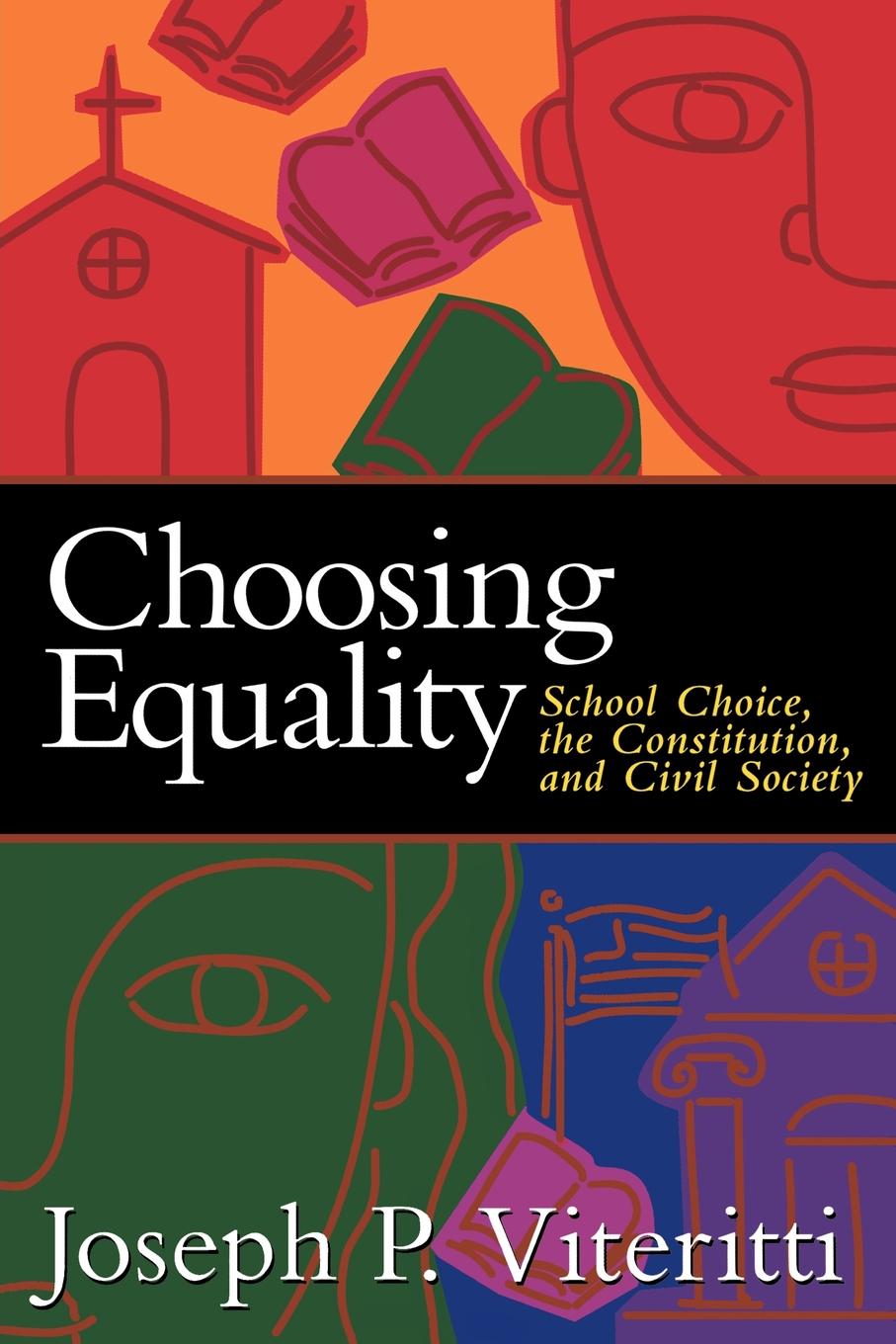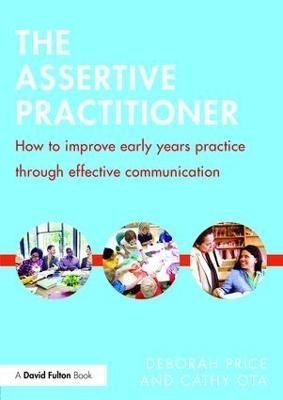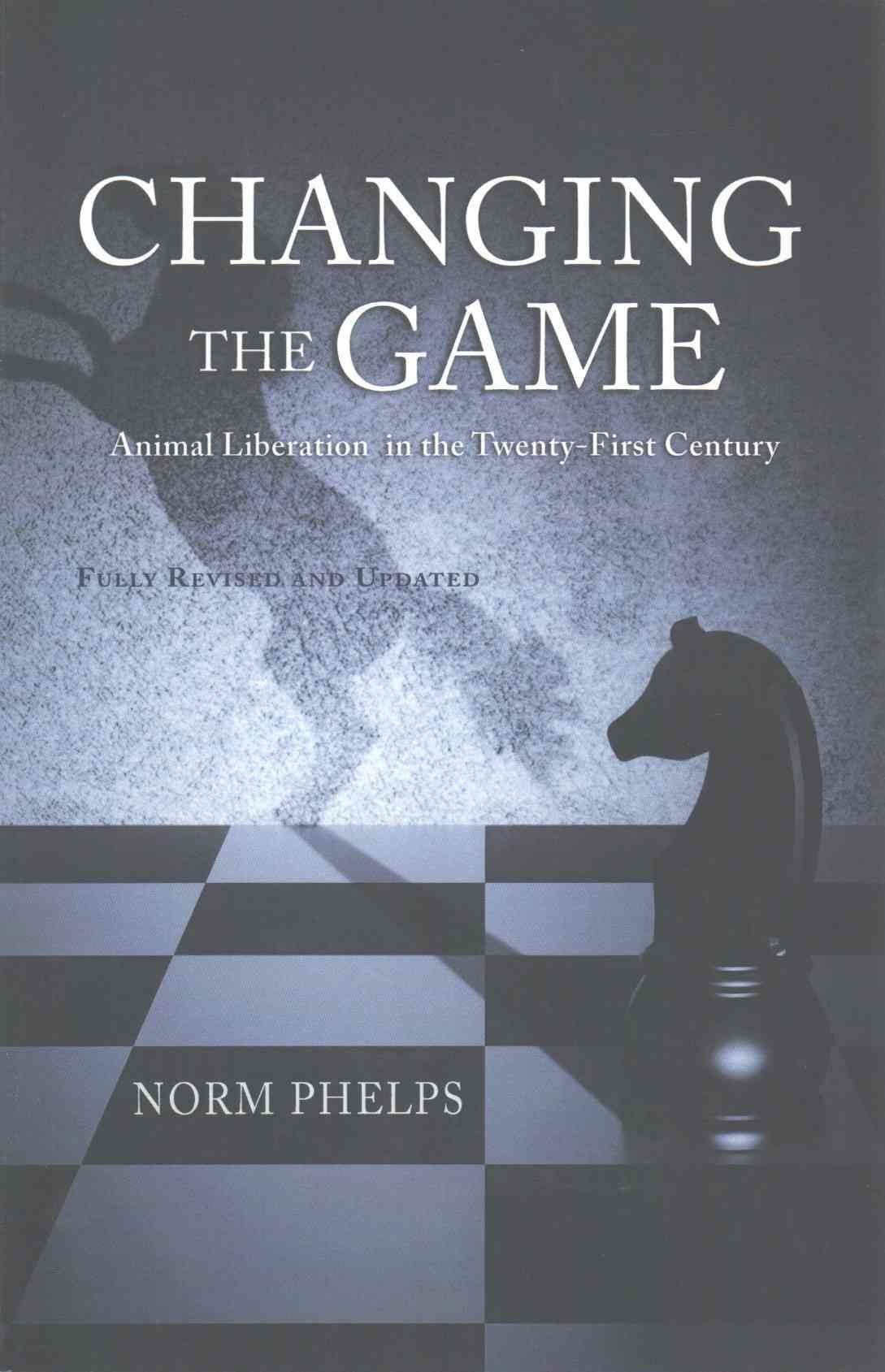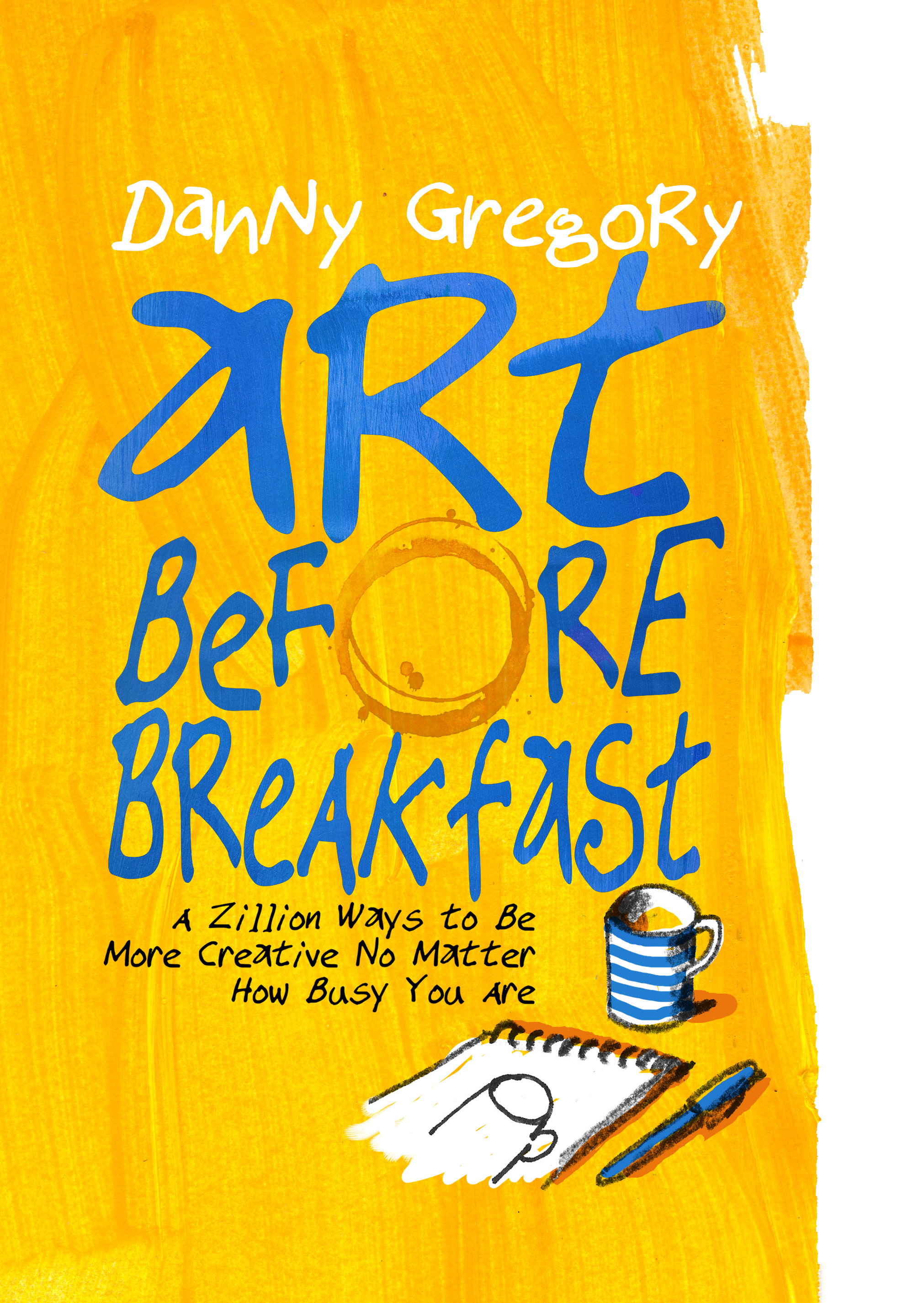America is now in the second generation of debate on school choice. The first was prompted by the provocative voucher proposal conceived by Milton Friedman in 1955 and brought into the mainstream by Chubb and Moe’s seminal book Politics, Markets, and American Schools (Brookings, 1990). It introduced a pure market model in which schools would be publicly financed but privately operated. While opponents continue to contend that choice will lead to the demise of public education, the weakening of civil society, and the fostering of separate and unequal systems of education, Joseph P. Viteritti argues that these long-held assertions must give way to present realities. The rich and diverse experience we have had with magnet schools, controlled choice, inter-district choice, charter schools, privately funded vouchers, and public vouchers in Milwaukee and Cleveland provides a solid basis for crafting a choice policy that enhances the educational opportunities of children whose needs are not being met by the present system of public education. Drawing on his background as a political scientist, legal scholar, and education practitioner, Viteritti starts his book with the promise articulated in the landmark Brown decision of 1954. After reviewing a variety of policy initiatives enacted to promote educational opportunity, he finds that the nation has fallen short of providing decent schooling for its most disadvantaged children, and in so doing has delayed the movement toward social and political equality. Viteritti does not contend that choice in the form of charter schools or vouchers for the poor is a solution to racial inequality, but he believes that these forms of choice can move the country in the proper direction. He insists that the nation cannot pretend to have a serious commitment to the goal of educational equality as long as choice is available only to those with the private means to afford it.












